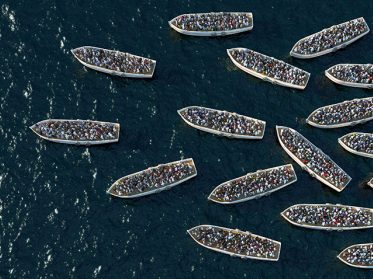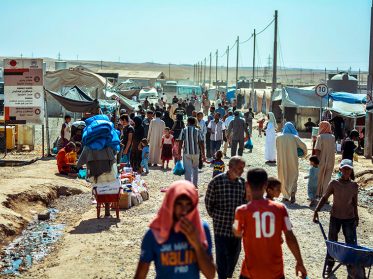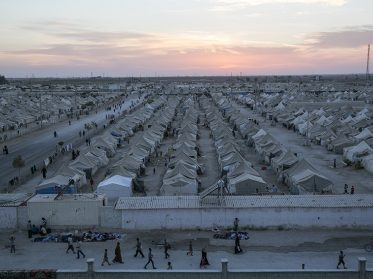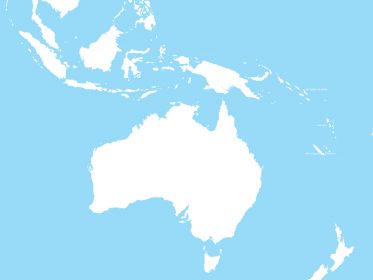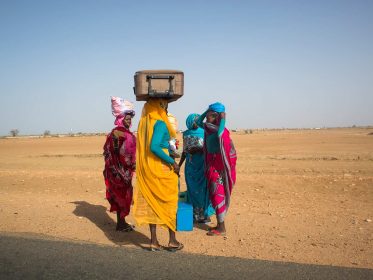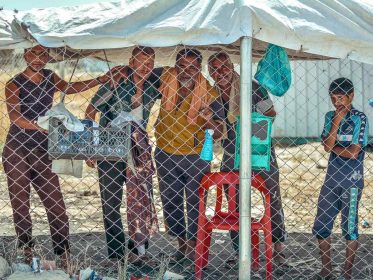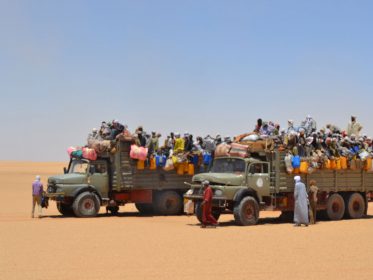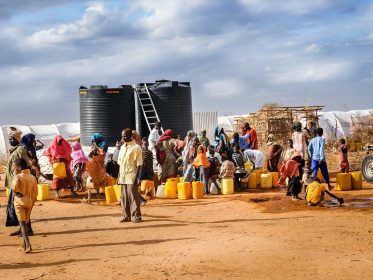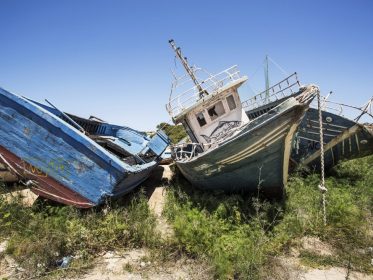Displaced people
What does it mean for a country to be ‘generous’ to refugees? The term “generous” is frequently used in discussions about displacement, but often with different connotations. Countries that accept large numbers of refugees—such as Canada’s 2015 decision to resettle 25,000 Syrian refugees—have been praised as ‘generous’. At the same time, the term is used by …
Seefar built on its work with Iraqi Kurds by recently completing a mixed-methods research project in Iraq and Greece focussed on Iraqi Kurd migrants. The aim of this latest research was to understand: The location and intentions of pockets of Iraqi Kurd and Arab migrants, Their motivations and what influences their decision-making processes, Destination preferences, andRelevant protection …
The Syrian conflict has displaced millions and continues to be one of the world’s most urgent humanitarian emergencies. By the end of 2017, Turkey had registered over 3.4 million Syrian refugees. Today, refugees face discrimination and rising tension with host communities, restricted movement within Turkey, and sharp protection vulnerabilities. Their immediate needs and future aspirations …
Return, Stay, or Migrate? Understanding the Aspirations of Syrian Refugees in Turkey Read More »
In 2017, Seefar commissioned a short, qualitative research study to provide a snapshot of the Syrian refugee experience in South Australia. The aim of the report is to review progress on integration, map strengths and weakness of the government and resettlement services, and suggest lessons to be learned. The study includes multiple stakeholder views, including …
Integration of Syrian Refugees in South Australia: A Snapshot Read More »
Seefar’s approach to migrant research focusses on understanding the perspectives of the actors – the displaced people, migrants and smugglers. Since 2014 Seefar has conducted primary research with more than 20,000 individuals in Nigeria, Eritrea, Ethiopia, Sudan, Libya, Mali, Niger, Somalia, Senegal, Burkina Faso, Kenya, Tunisia and Egypt. In April 2017, we will have completed …
Seefar has been working in North Africa, East Africa, the Horn of Africa and West Africa continuously since we were created. Our East African and North African presence is one of our biggest, with teams working on multiple projects including research and surveys, program design, consulting, counselling, evaluating programs and strategic communications. West Africa is …
In 2016 Seefar completed a project in North Africa and the Horn of Africa to assist Eritrean migrants to make more informed decisions about onward migration. This was a communications project conducted in Ethiopia, Uganda, Sudan and Libya. It delivered counselling services and information in person to several thousand migrants in transit and in total reached almost 200,000 migrants. The campaign involved direct counselling …
In 2017 Seefar conducted a qualitative study leading in-depth interviews with potential Somali migrants in Kenya, in-transit migrants in Libya and in Italy. The aim of this research was to understand whether there are large pockets of Somalis intending to migrate to Europe, what their decision-making processes are, locations of these populations and destination preferences. Further …
We spend a lot of time researching migrant smugglers and talking to governments about migrant smuggling. We have noticed that most commentary on migrant smuggling unknowingly combines conflicting assumptions. The link below takes you to a brief that aims to untangle different perspectives on migrant smuggling, in order to clarify analytical and political options. The brief …
